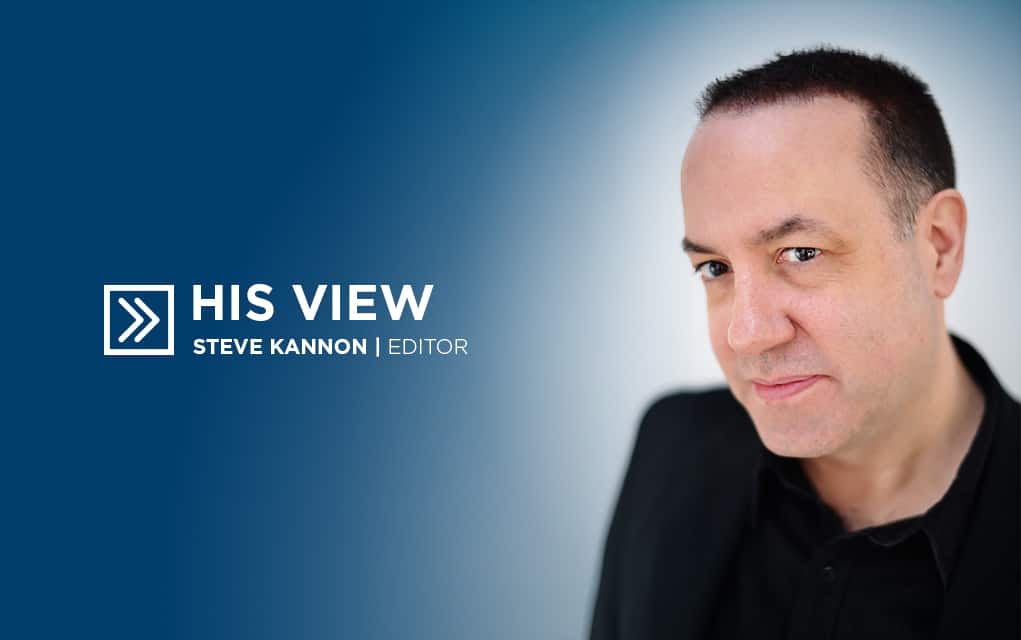;
;
;
Next Article
The View From Here: April 18th, 2019

There’s a difference between choosing to be ignorant and being kept that way. Given the state of our society, it’s easy to say that many of us certainly opt for the former, while we’re not sure of how much effort is going into the latter (hint, a great deal). While we can’t always know what […]
Last updated on May 03, 23
Posted on Apr 18, 19
3 min read
